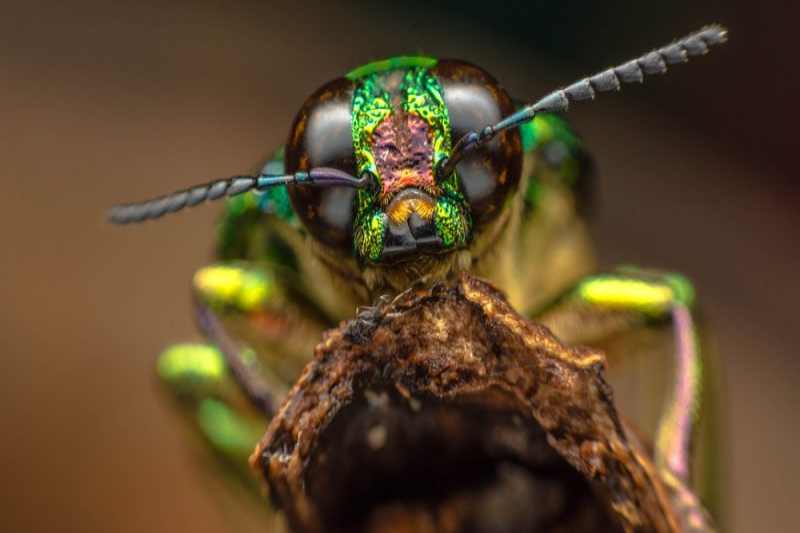
Germany: insects won the war against pesticides; glyphosate will be completely banned by 2023
Last updated on March 1st, 2021 at 05:42 am
In Germany, the use of pesticides will be strictly prohibited in protected areas and parks, 5 or 10 meters from waterways. It will also be prohibited in meadows, orchards, and in many wild areas, which will be declared protected biotopes. Green areas in cities will be extended.
The use of products suspected of being carcinogenic such as glyphosate will be drastically reduced and completely banned from the end of 2023. Light pollution will also be limited. In the intentions of the government, the package announced in recent days will have to be approved by the Bundestag and Bundesrat in the coming months, by the end of the legislature.
“For insects, this is good news.” German Environment Minister Svenja Schulze (SPD) said satisfied. The government passed the so-called “insect protection law” despite noisy protests from trade associations. For months the Grand Coalition has clashed with farmers over rules that will make vast green areas untouchable and progressively ban the use of pesticides as harmful as glyphosate.
The passing of the law was preceded by numerous demonstrations of tractors that blew their horns through the main cities of Germany. And the Minister of Agriculture, Julia Klöckner (CDU), is counting on the passage in Parliament to welcome some of the requests made by farmers: compensation and clauses that soften the strict rules decided by the government at the local level.
Related Posts
Farmers fear losing their crops without pesticides. Those who grow potatoes, for example, fear attacks from worms that devour their roots. Speaking of the law, many would have preferred a different solution: “You can’t decide such a thing by law,” a farmer told the Hessenschau before mounting on his tractor to join the long processions in his region.
The president of the Brandenburg Farmers’ Association, Henrik Wensdorff, reminded RBB’s microphones that, in his region, there has already been a cut in pesticides on 80% of cultivated land. “We should ask ourselves – he concluded – why all this has not produced an increase in insects”. Even the councilor of the association “Agriculture unites Bavaria”, Michael Muhr, raised doubts about the effectiveness of the package: “I’m sure it will not save a single insect. It will protect only ideologues and electoral votes.” Despite the controversy raised by the category, for the moment insects have won the war against pesticides in Germany and such measures will likely be adopted as an example by other EU member states.




